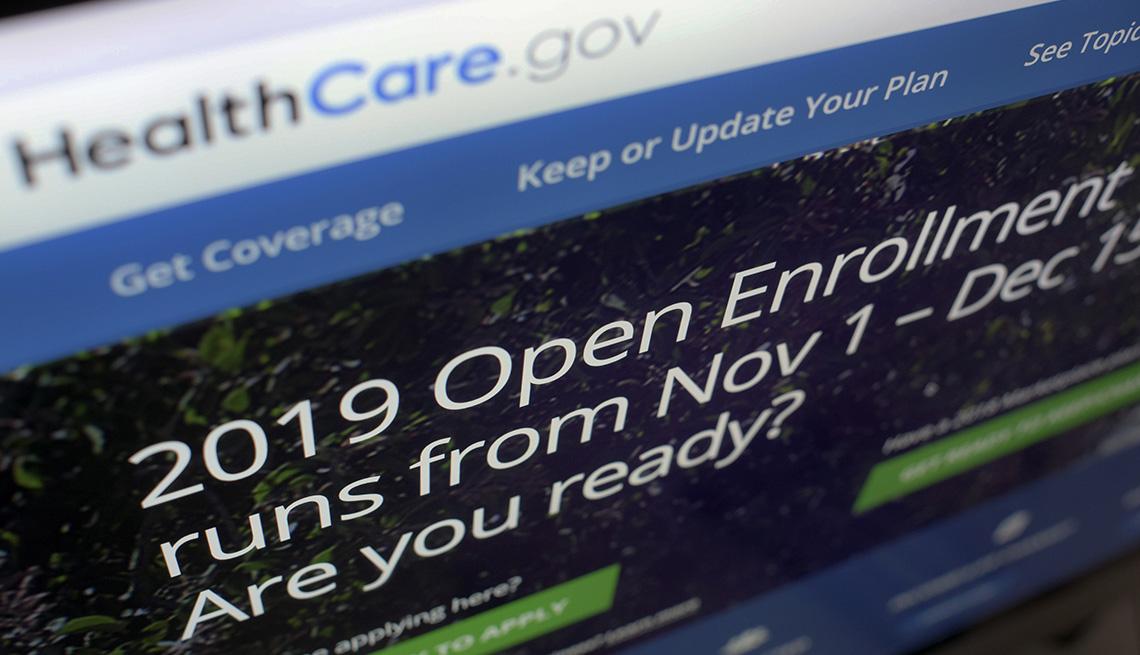

The individual mandate that requires most Americans to purchase some level of health insurance continues to be one of the most controversial aspects of the Affordable Care Act, even though, beginning in 2019, there is no longer a penalty for noncompliance in most states. A new study conducted by investigators at the Mongan Institute Health Policy Centerat Massachusetts General Hospital (MGH) reports the results of a survey asking Californians enrolled in the individual marketplace in 2017 whether they would have purchased insurance without the penalty. The paper published in the January issue of Health Affairs also estimates how losses in enrollment could increase premiums and which groups might be most affected.
“The goal of the individual mandate is to help stabilize the insurance market by encouraging healthy people to purchase insurance,” says Vicki Fung, PhD, of the Mongan Institute, corresponding author of the report. “Our study found that younger enrollees and those without chronic conditions were more likely to not purchase insurance if there had been no penalty. Moreover, Hispanic enrollees, those with lower income and education levels, and those who had been uninsured in the prior year were also more likely to say they would not have purchased insurance.”
The study is based on a 2017 survey of enrollees in California’s individual insurance market – both those enrolled through Covered California, the state-based insurance marketplace, and those purchasing plans directly from insurance companies. Survey participants were asked whether they were aware of the penalty for not purchasing insurance and, if they were, whether they would have purchased coverage if there were no penalty. They also were surveyed about their current health status, whether or not they had chronic health conditions, the type of insurance they had in 2016, and a number of other personal, health-related and sociodemographic factors.
More than 3,000 enrollees completed the surveys online, over the phone or on paper. While 72 percent of participants would have purchased health insurance in 2017 without the penalty, 19 percent indicated they would not. The other 9 percent were either unaware of the penalty or did not answer the question. Participants who were younger were more likely to indicate they would not have purchased insurance, and while self-reported health status did not appear to affect answers, those with no chronic health conditions were significantly more likely to say they would not have purchased insurance than were those with two or more conditions.
The authors estimate that monthly premium prices in California would increase by 4 to 7 percent if lack of a penalty led to that sort of drop in insurance enrollment. While those estimated premium increases are unlikely to destabilize the California insurance market, the authors note that the impact could be greater in other states that may not have as many consumer protection policies or outreach efforts as California.
Fung notes that preliminary data from HealthCare.gov reflecting the recent open enrollment for 2019 coverage indicates that around 4 percent fewer people enrolled than in 2018. While that drop in coverage is less than their study’s results suggest, the survey was conducted prior to actual elimination of the penalty and only in a single state. The authors describe several factors that could mitigate coverage losses – such as limited awareness of the penalty elimination, the timing of the change and the penalty’s being only one of a number of reasons people purchase insurance.
“Although coverage losses in 2019 could be more modest than estimated in our study, it will be important to assess who did not enroll this year, especially given other policy changes such as a shortened open enrollment period, fewer services to assist with enrollment, and expanded availability of cheaper, but less comprehensive insurance plans,” she says. “The combination of these policy changes could exacerbate the potentially larger losses in enrollment we found among historically disadvantaged groups.” Fung is an assistant professor of Medicine at Harvard Medical School.

